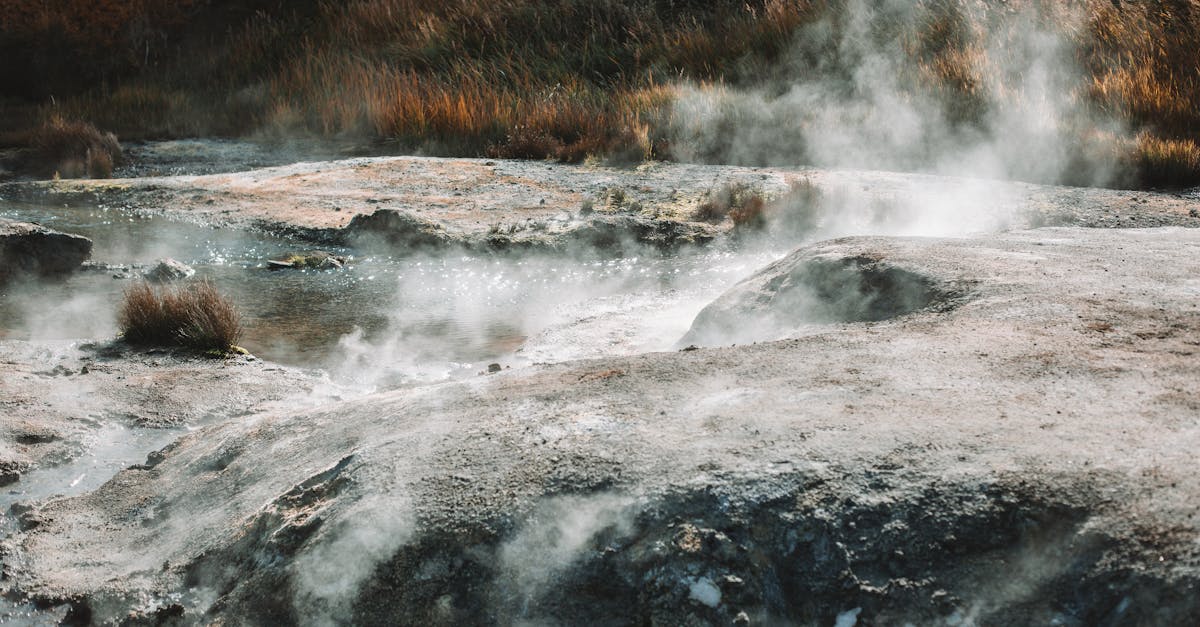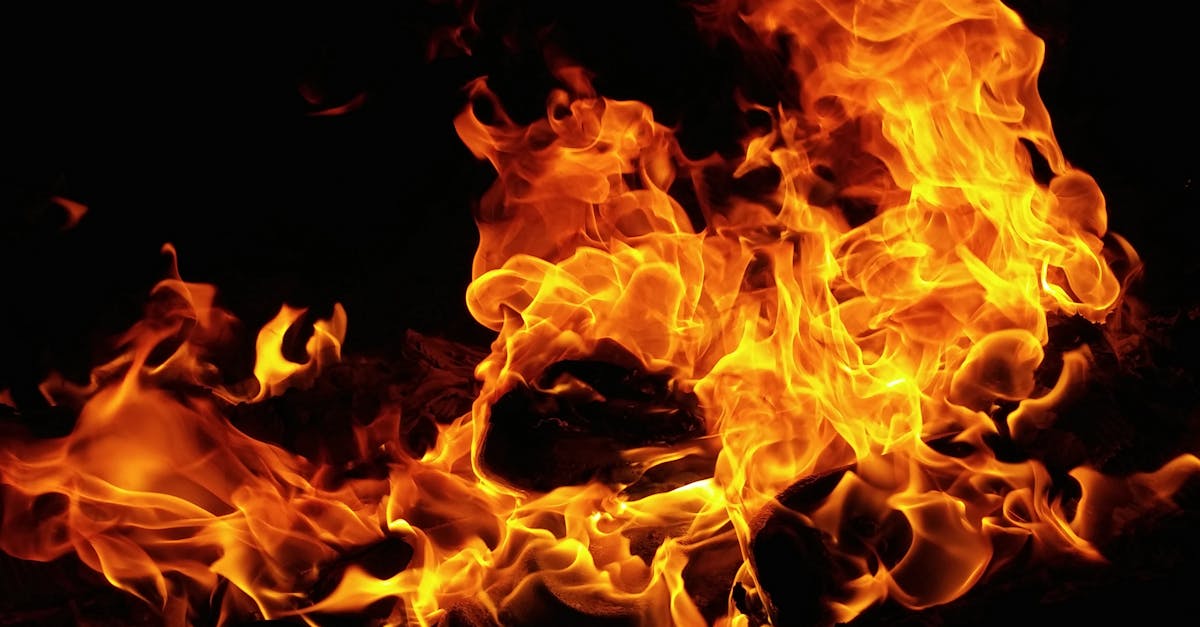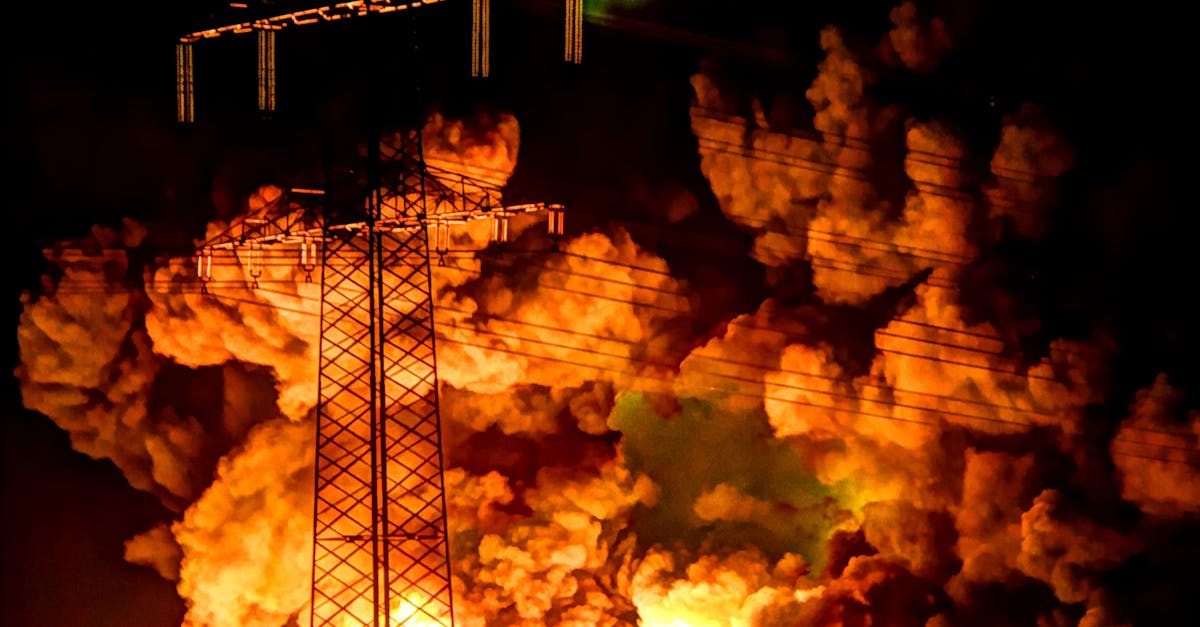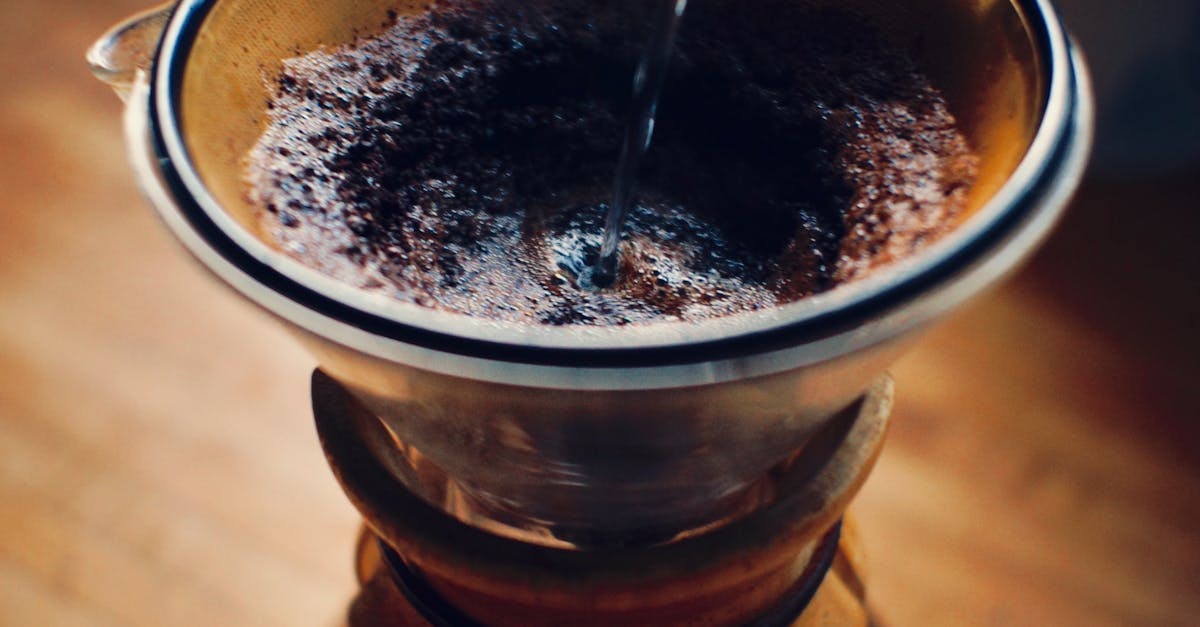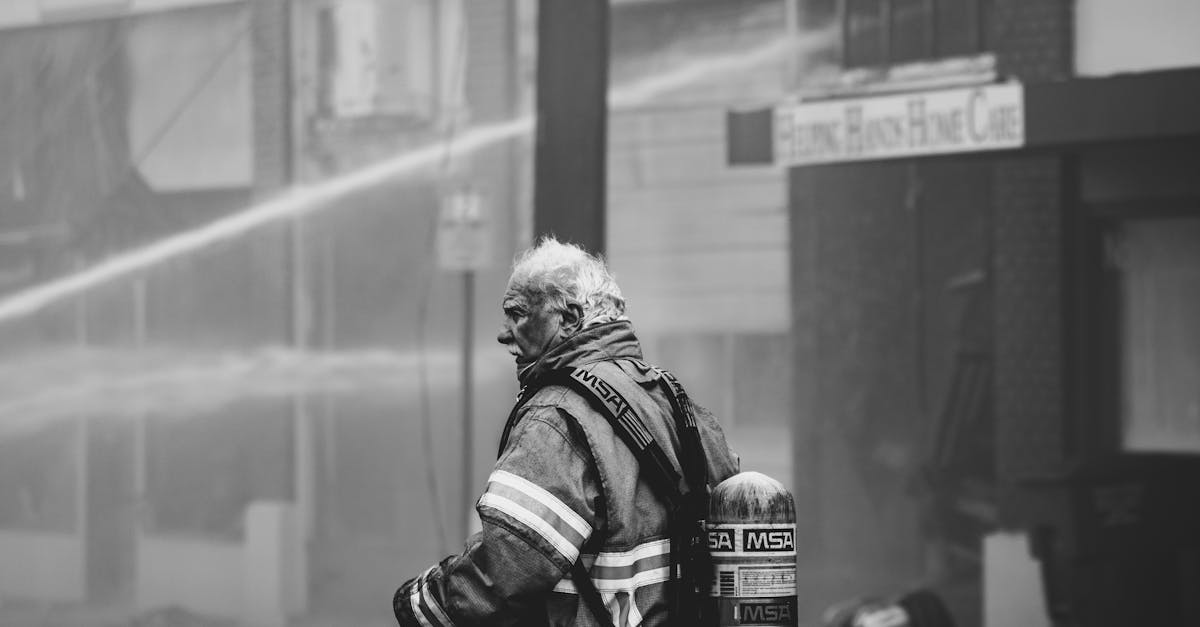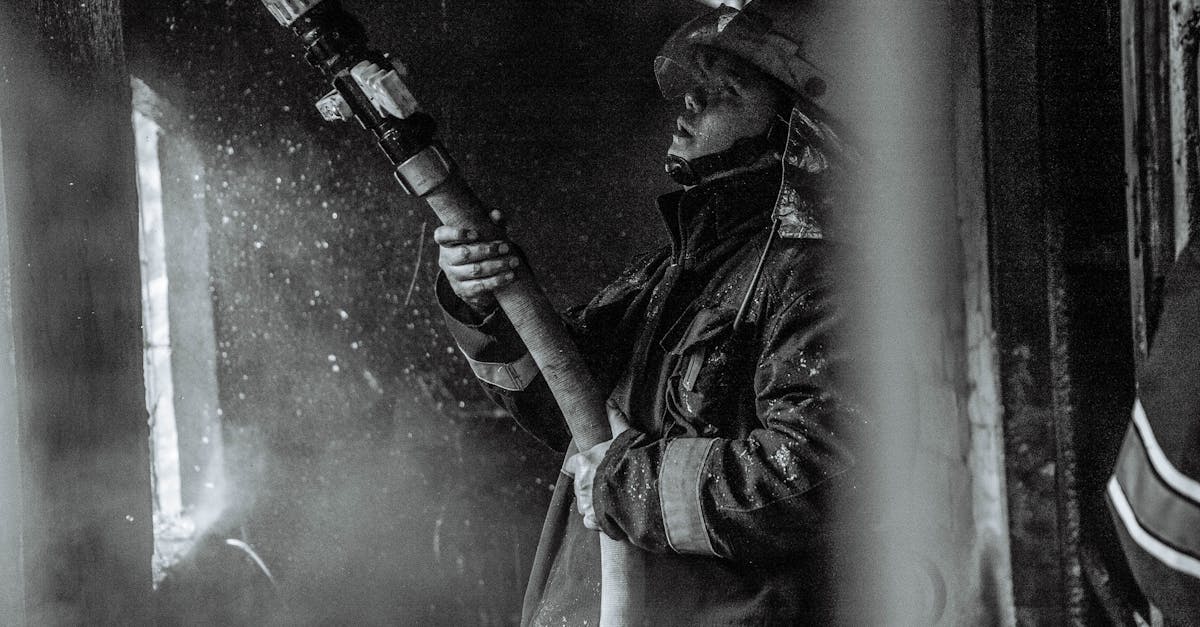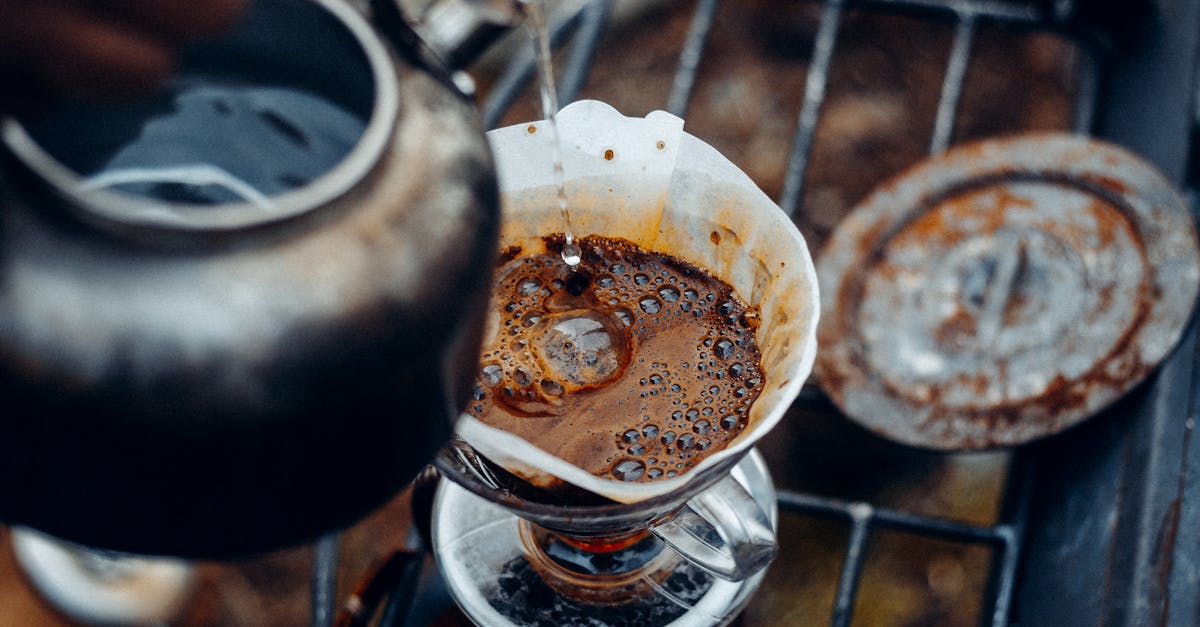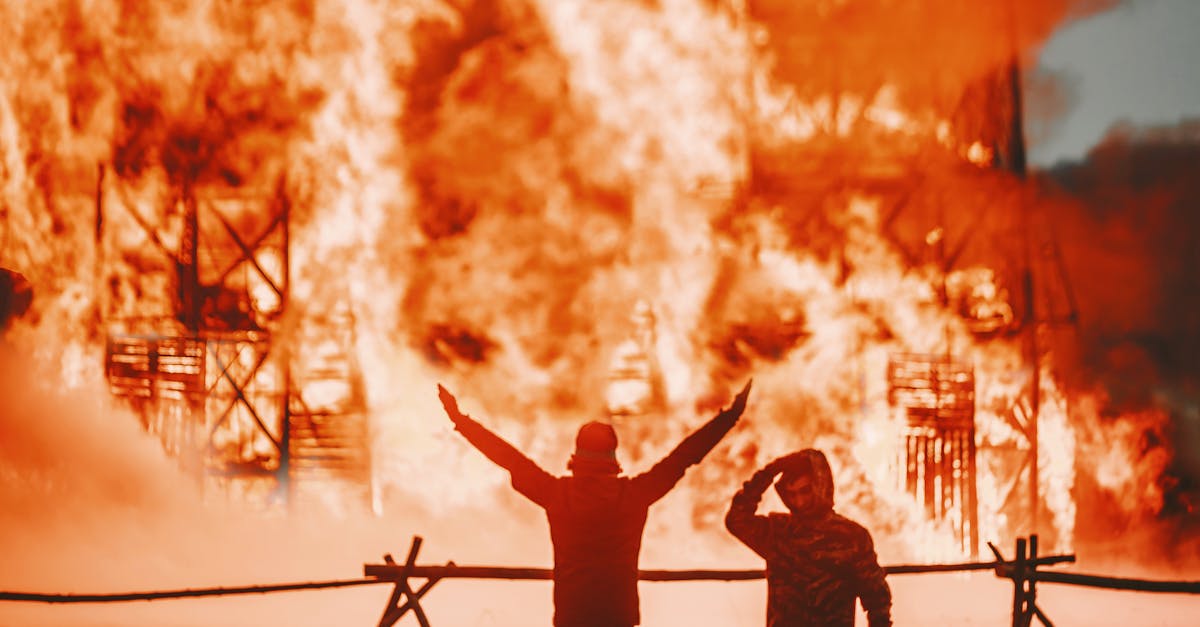
Table Of Contents
Reigniting a Water Heater After Water Shutdown
After a shutdown of the water supply, reigniting a water heater requires careful attention to detail. Before attempting to reignite the system, it is essential to ensure that the water supply has been fully restored. This step is crucial to prevent damage to the heater. Checking the system for any leaks or abnormalities should be done prior to restarting. If the water heater has been turned off for an extended period, inspecting the pilot light is also necessary for gas models.
Once the water supply is confirmed to be back online, the heater can be reignited according to the manufacturer's instructions. Those unfamiliar with the process may benefit from consulting a professional. In the case of emergency hot water repair, addressing any immediate issues promptly can prevent further complications. Regular maintenance can minimize the need for emergency repairs, keeping the system functioning efficiently.
Proper Procedures for Restarting the System
When restarting a water heater after a water shutdown, it’s essential to ensure the system is properly primed before reactivating it. First, turn off the power supply to the unit, which prevents any potential damage caused by running dry. Open a hot water faucet in the home to allow air to escape from the system. This ensures that the water heater fills completely with water before resuming its operation.
Once the air has been purged and water begins to flow steadily from the faucet, check the water heater's pressure relief valve for any signs of malfunction. Reestablish the power supply once you verify that the tank is full. In the event of any issues during this process, contacting a professional for emergency hot water repair is advisable. They can ensure that your system functions effectively and safely post-shutdown.
Common Misconceptions About Water Heater Shutdowns
Many homeowners believe that shutting off the water supply to their house will not affect the water heater. This assumption can lead to complications when the heater is turned back on without proper precautions. In reality, water heaters rely on a consistent and adequate water supply to maintain proper functioning. Without water, the heating element may become exposed, leading to potential damage that could necessitate emergency hot water repair.
Another common misconception is that turning off the water supply will automatically safeguard the water heater from potential problems. While it can prevent immediate leaks or flooding, it does not eliminate the risk of sediment build-up or other long-term issues. Regular maintenance and awareness of the heater’s condition are crucial, regardless of whether the water is on or off. Ignoring these factors could still leave homeowners facing costly repairs in the future.
Debunking Myths Surrounding Water Supply Interruption
One common myth is that a water heater will immediately be damaged when the water supply is shut off. Many homeowners worry that their systems will overheat without the proper water supply. However, most modern water heaters are designed to handle short periods of interruption. They have safety mechanisms that can help prevent overheating if the water is turned off temporarily.
Another misconception revolves around the idea that any shutdown requires an emergency hot water repair. In reality, this is not always the case. Many systems can recover without significant issues or the need for professional intervention. Routine maintenance and proper installation play a critical role in a water heater's resilience during such interruptions. Addressing concerns early can help avoid unnecessary repairs.
Signs Your Water Heater is Affected
Signs that your water heater has been affected can range from unusual noises to inconsistent temperatures. A common indicator is the presence of rumbling or popping sounds, which may suggest sediment buildup inside the tank. If you notice that the water is not heating as it should or fluctuates in temperature, this can also signal an underlying issue that may need immediate attention.
Leaking water around the unit is another critical sign that something is wrong. This could indicate a problem with the tank or connections. In such cases, it is advisable to seek emergency hot water repair services to address the situation promptly. Ignoring these signs can lead to more significant damage and costly repairs in the future.
Identifying Trouble Indicators Post Shutdown
After a water shutdown, a water heater may exhibit several indicators that suggest potential issues. One common sign is unusual noises, such as popping or rumbling sounds, which could indicate sediment buildup within the tank. This buildup occurs when the water heater operates without sufficient water supply, potentially leading to overheating and damage. Additionally, leaks around the connections or fittings may become evident, signaling a compromised system.
Changes in water temperature can also serve as a warning. When the water heater is unable to maintain the desired heat level, it might signify that the heating elements or thermostat have been affected. Homeowners should be vigilant for any variation in water pressure or discolored water, as these can suggest further complications. Should any of these signs arise, seeking emergency hot water repair services can help address the issues promptly and prevent further damage to the system.
FAQS
Does shutting off the water supply damage my water heater?
Shutting off the water supply does not inherently damage your water heater, but it can lead to issues if the heater is not properly maintained or restarted after the water is turned back on.
How do I safely restart my water heater after a water shutdown?
To safely restart your water heater, first ensure that the water supply is fully restored. Then, follow the manufacturer's guidelines, which typically involve checking for leaks, purging air from the system, and turning the heater back on.
What are some common misconceptions about water heater shutdowns?
One common misconception is that turning off the water will ruin the heater. In reality, water heaters can handle temporary shutdowns, but neglecting proper procedures for restarting can lead to problems.
What signs indicate my water heater may be affected after a water shutdown?
Signs that your water heater may be affected include unusual noises, leaks, or failure to heat water properly after the water supply has been restored.
How can I prevent issues with my water heater during a water shutdown?
To prevent issues, ensure that your water heater is maintained regularly, follow the proper procedures for shutting down and restarting the unit, and monitor it for any signs of trouble after the water is turned back on.
